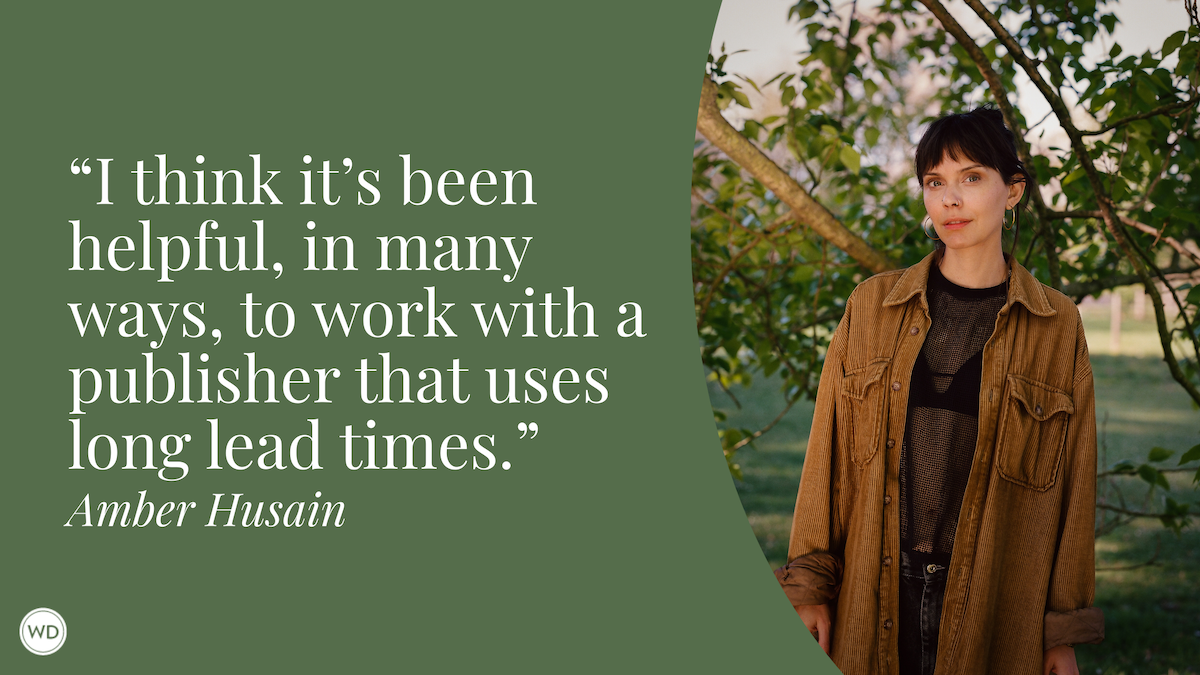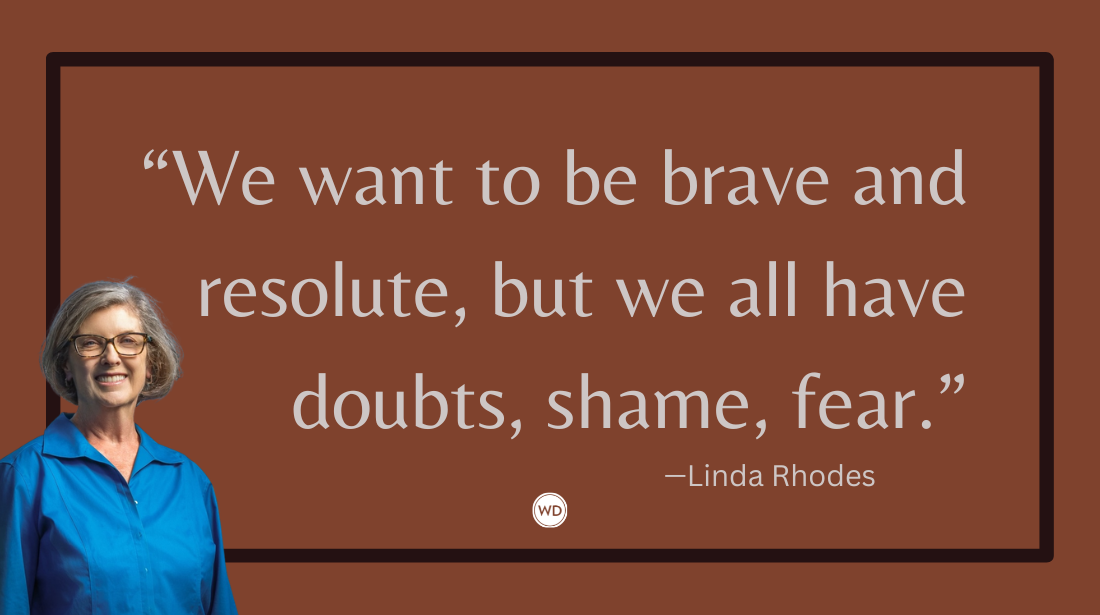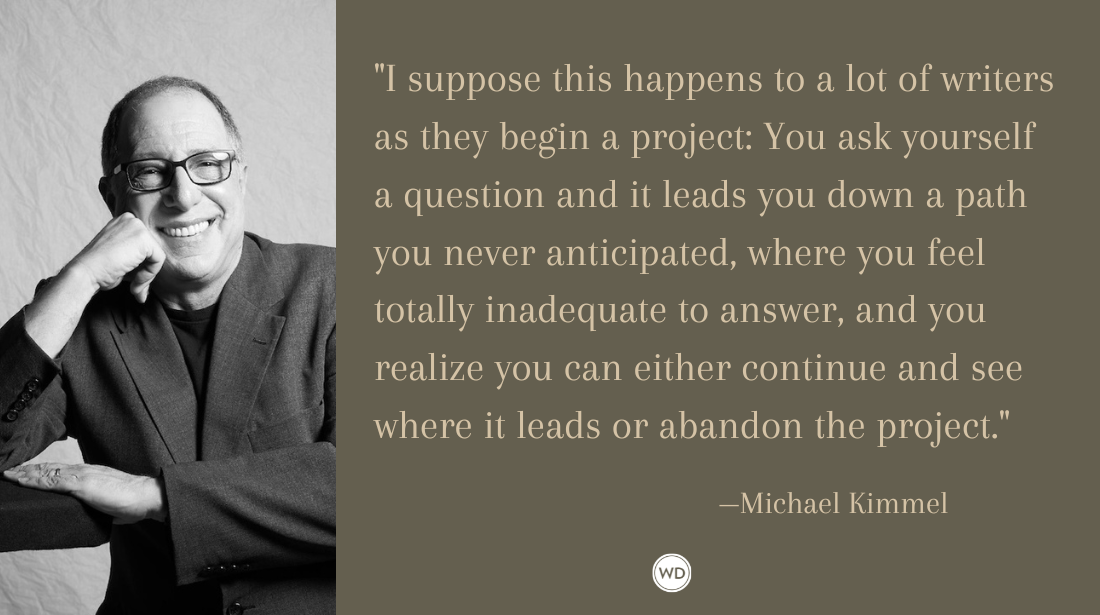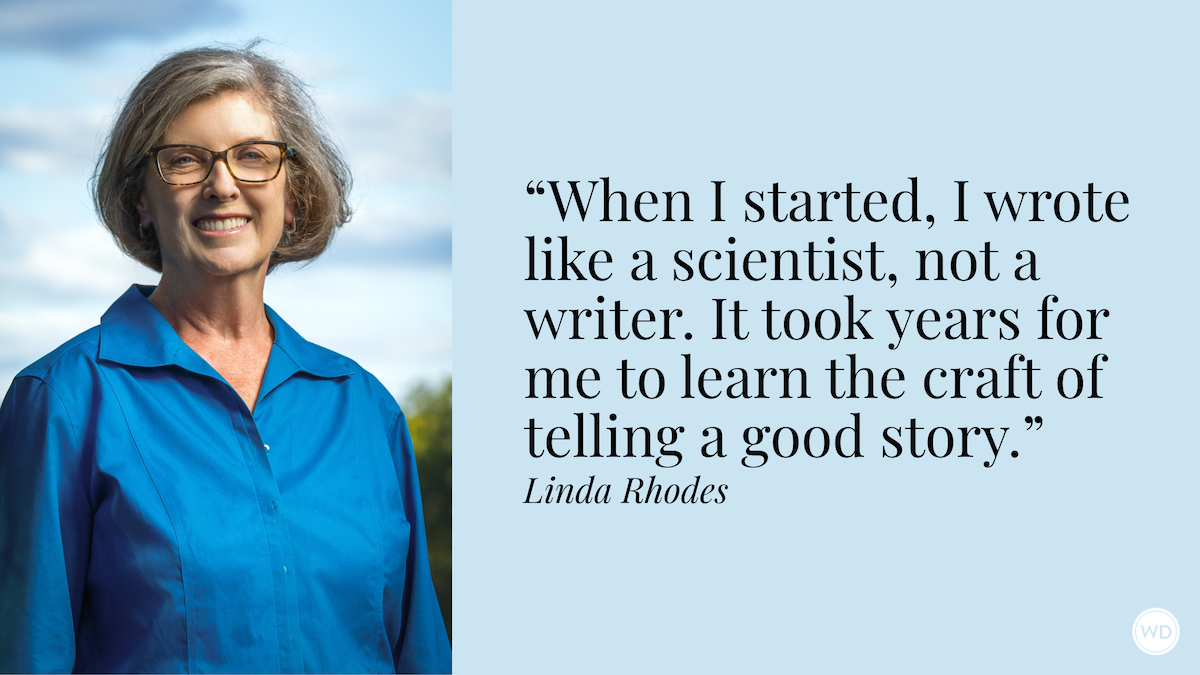What It Takes to Be a Freelance Journalist
Journalist Alison Hill discusses what it takes to be a freelance journalist, including nine key areas to develop your skills.
When someone asks, “What do you do?” I often hesitate before answering, not because I’m unsure of my profession, it’s just that, as a freelancer, I ‘do’ so many different things and I’m reluctant to leave anything out.
My answer usually goes something like this, “I’m a freelance journalist, writer, content creator, videographer, editor, producer, radio commentator, content and course creator, author … and oh yes, I often sell stuff on Facebook Marketplace—just you know, as a hobby.”
“So, you’re a jack of all trades then?”
I didn’t have a quick response to this recently asked question. I needed to ponder. I dislike that term. It sounds flighty. In the future, I’ll shake my head and answer, “No, I’m a journalist of all trades...”
Freelance work involves a lot of different ‘doing,’ things that can fit under one umbrella. From now on I will simply incorporate all my work under the journalism umbrella and be done. Here’s why I can do this:
- I’m a professional freelance journalist. I write all types of nonfiction articles and dabble in fiction, but I will always identify as a journalist first. My whole career has revolved around journalism in various forms and mediums.
- The courses and sessions I have created (and intend to create), and the nonfiction books I’ve written, are either about journalism or draw from and reference my almost three decades-long journalism journey.
- Even when my writing (or content) is not technically journalism (for example, a sponsored content piece), I still use my journalism skills, so the process is identical.
- Depending on the content, videography is a strong form of journalism and editing is a valuable multimedia skill.
- I can easily turn my Marketplace selling exploits into a service piece, blog, or personal essay, especially if I actually make a profit one day!
- The main characters in my (unpublished) novels are journalists.
I should also add marketing and accounting to the “what I do” list above, because, if you’ve ever freelanced you know that it’s “all of this.”
We wear many hats as freelance journalists; it just comes with the territory. By necessity, we’re negotiators, communicators, organizers, hagglers (you should see me at the flea market!), investigators, and creators.
So having been asked “what I do,” I’d like to break down what it takes to be a freelance journalist, one “thing” and one “job” at a time. Here it goes.
Research and Consistency
The ability to find regular gigs and keep generating good ideas.
As a freelance journalist it’s important to find ‘bread and butter clients’—regular gigs, such as a column, blog, or a regional magazine beat to guarantee at least a base weekly or monthly income.
To attract new assignments, freelancers must also excel at finding and developing story ideas; ones that sell. This must be an ongoing process and ideally as a freelancer, you should have a file brimming with ideas, source names, and notes. These may be useful in the future when an issue becomes topical, or an editor puts out a pitch call that fits your idea.
You must also pitch consistently.
Pitching
If you master the art of pitching, then success is almost guaranteed. This is where many of us falter. Pitching is a number’s game, we’ve been told this countless times, and it’s true. If you don’t pitch well and often, then assignments will be few and far between.
Study successful pitches written by professional writers. How long was the pitch? How much detail did the writer include? How did they present (and sell) the story? How did the story gel with the publication? What tone did they use?
I must confess that this is my weakest spot and I’ve written in more depth on how to pitch (when you don’t want to), here.
Flexibility
This is where ‘journalism of all trades’ comes into effect, and you can use your skills to pitch and write all types of content, from features and essays to news articles and solutions pieces. Generalists can write about anything and even if you stay within one niche, such as tourism, you can always write different types of pieces within that genre. You can also use your skills and earn more income by expanding your reach to other forms of writing, such as video scripts.
Flexibility also extends to the processes of journalism, including interviewing. Be flexible and offer different options and times—in-person, phone, Zoom, and so on, to accommodate the interviewee as much as possible. After all, they’re not getting paid for their time.
Organization Skills
Freelance journalism involves so much, from generating ideas, research, pitching and writing, to poring over contracts, creating invoices, and communicating with editors.
Time management—it’s important to devote a few hours each month to deal with the business and administrative side of your work, including invoices, tracking expenses, budgeting, following up on late payments, and so on.
It’s a good idea to pitch in batches and again devote a time specifically for generating ideas, finding publications, editor information, and writing awesome pitches.
If we flitter from one thing to another like an overenthusiastic butterfly in the flower garden, we end up with half-written articles and underdeveloped pitches littering our desktop. Each aspect of our work demands complete focus, especially pitching. It’s easy to become flustered and distracted when we do too much at once. Divide time accordingly and accomplish more.
Patience
As freelancers, we’re always waiting. Waiting for an editor to reply to a pitch. Waiting for an article we wrote months ago to be published. Waiting for a source to answer an interview request. Waiting to get paid.
Without the gift of patience, we wouldn’t last a month in this game.
Curiosity
Curiosity is essential in journalism, especially when you’re a freelancer. Stories and ideas are everywhere, and our job is to spot them, note them, pursue, and dig, it if looks promising.
Everyone we meet could be a possible source and so we must remain vigilant, curious, ask questions, and listen carefully to people’s stories (and gossip!)
Thick Skin
A thick skin is essential in any form of journalism, but especially so when you’re constantly pitching and inevitably being rejected by editors. Although it’s hard not to take it personally, it’s vital that we shake it off and remember it’s the idea that’s being rejected, not us as people or our writing. The story may not be a good fit, the timing is wrong, or a similar article has just been commissioned. Maybe the pitch itself is too wordy, or the email may never have been opened because of a weak subject line. It could be any number of reasons.
Our articles may also attract negative comments online (which is never much fun), or a source may suddenly refuse to be interviewed after previously agreeing. As journalists we’re always vulnerable to criticism and negativity; it comes with the job. The best thing is to protect ourselves emotionally and psychologically and take these things in our stride. It’s often not our writing or stories that are triggering people, but something deep in their own psyches making them want to lash out. But sometimes it is the story or something we wrote. Either way, note it, deal with it if needed, then move on to the next story.
Networking
Networking with industry professionals can help advance a journalist’s career, offer support during difficult times, and help develop skills and craft. This includes fellow journalists, editors, nonfiction writers, and others in the media.
Target the publications or websites you want to write for and find the editors in your chosen sections. Follow them on LinkedIn, X, Facebook, YouTube, or wherever they live online. Editors often put out calls for pitches in specific areas, so keep checking. If a writer you admire posts something you genuinely like, leave a heartfelt comment. Just don’t be too persistent or try too hard to gain attention. Sincerity goes a very long way, especially in the times we live in.
Socializing
Journalists are sociable creatures, whether in person or virtually. We’re a good combination of joiners, talkers, and listeners. And if you want to find more opportunities to grow as a professional, I highly recommend joining a writing group or a journalism organization and attending events and conferences. Talk to people, explain (briefly) who you are and what you do, then listen to them, ask questions, and be attentive when they speak. If you meet someone in person, remember to grab their business card and follow up.
Click here for an article on journalism organizations you can join as a student or a professional journalist.
Whether it’s a local, national, or an international group, it’s helpful to find a space full of people with similar professional and journalistic goals, that can help you improve your craft and advance your career. Spending time with other writers and journalists often leads to strong relationships and lifelong friendships.
You can also Subscribe to newsletters that offer industry tips, lists of publications, pitch calls from editors, grant information, competitions, workshops, classes, and much more.
Here are some newsletters to get you started:
*****
The Writer’s Digest Guide to Journalism is a practical, informative, and well-researched introduction to journalism and its best practices, with actionable advice, tips, techniques, explanations, and anecdotes straight from the field. In this digital guide, writers will learn how to write an effective news piece, skills need to be an effective journalist, outlets for publishing journalism, journalism associations, and so much more. Both inspirational and pragmatic, The Writer’s Digest Guide to Journalism is packed with valuable resources for aspiring journalists.
Alison Hill is a freelance writer, journalist, and Emmy-nominated producer who writes for print and online publications. Since 2001, Alison has been a regular guest commentator on BBC radio news shows discussing US politics and current events. Before going solo, she was a PBS producer and director and also worked as an investigative journalist for a Welsh TV series. From hosting TV shows and creating online content to going undercover with a hidden camera, she’s done it all. Alison grew up in a tiny village in Wales and speaks fluent Welsh. She’s an avid hiker, who also loves camping, kayaking, and reading. She now lives in South Carolina with her husband, 8-year-old daughter, and two rescue cats.









